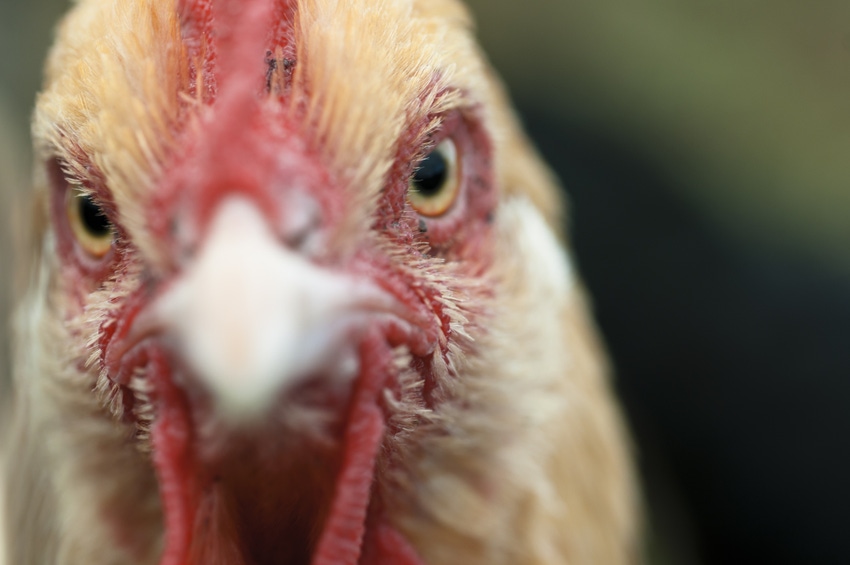Understanding infection in mixed ecosystems under real-world conditions crucial for developing disease control methods.

Writing in an article posted to "The Conversation," Colorado State University professors Richard Bowen and Alan Rudolph discuss how they've set up "artificial ecosystems" in the laboratory to gather insights into how viruses and other pathogens — such as the novel coronavirus and influenza viruses — emerge from wildlife and infect people.
Bowen, professor of biomedical sciences, and Rudolph, professor of biomedical sciences and vice president for research, noted that over the past two decades, there have been multiple global pandemic threats that originated in animals before jumping to humans, i.e., zoonotic disease.
"These pathogen jumps are complex. They can occur via direct contact, consumption of bushmeat or transmission by insect vectors that carry the germs among a variety of species, and a range of environmental conditions — such as temperature, humidity, sunlight and even seasonal rain and soil conditions — can affect transmission," Bowen and Rudolph said.
Noting that these diseases are typically studied under controlled conditions, they said their artificial ecosystems would allow them to acknowledge the complexity of the natural world and "provide a more robust understanding of emerging infectious diseases."
Bowen and Rudolph explained that their approach has yielded key discoveries concerning avian flu. "For example, we were able to show that avian influenza viruses pass among diverse birds and mammals interacting freely with one another in an artificial barnyard or artificial live-animal market. We found that there’s massive accumulation of virus in shared water sources," they said.
They suggested that "this new approach could foster a more realistic understanding of how pathogens are transmitted among species, including jumping into human populations, and will facilitate development of new diagnostic tests, vaccines or therapeutics."
"The Conversation" is an independent collaboration between editors and academics that provides informed news analysis and commentary to the general public.
About the Author(s)
You May Also Like

.png?width=300&auto=webp&quality=80&disable=upscale)

